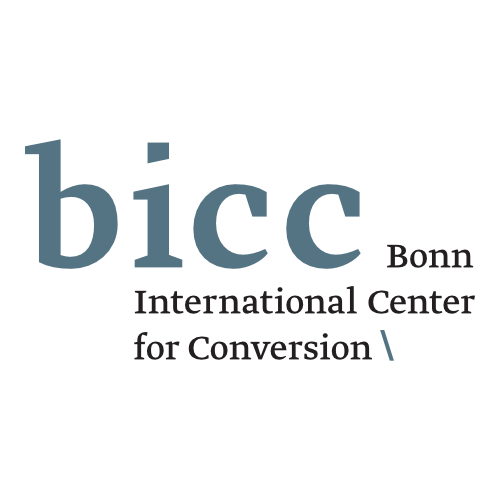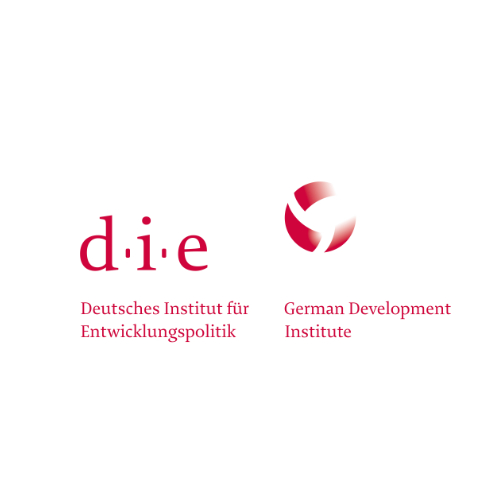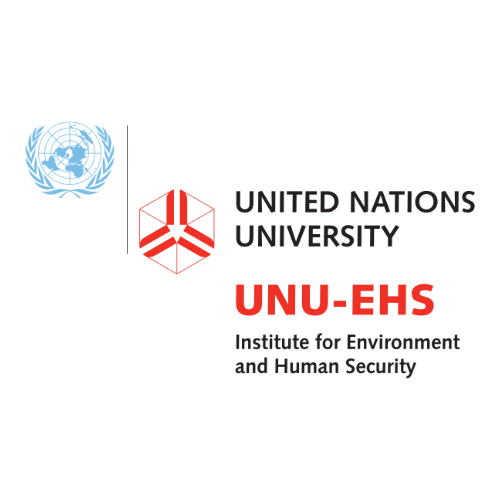News

“Forced Migration and Refugee Studies: Networking and Knowledge Transfer” (FFVT) – The Facebook group is now online!
The project “Forced Migration and Refugee Studies: Networking and Knowledge Transfer” (FFVT) is committed to strengthening interdisciplinary refugee and refugee research. Until now, the research field has largely lacked an institutional foundation (with professorships, degree programmes, etc.).

How digital solutions can ease the COVID-19 impact on displaced populations
Displaced people face many challenges when integrating into the labor market in their host communities. They are also more likely than the host population to be employed in sectors that are highly impacted by the COVID-19 pandemic, such as manufacturing, accommodation, and food services. And they are mostly employed informally, and thus have no job security or access to social safety nets during the COVID-19 related economic downturn.

COVID-19 and conservation: crisis response strategies that benefit people and nature
The COVID-19 pandemic is a global human health crisis that is deeply intertwined with the global biodiversity crisis. It originated when a zoonotic virus spilled over from wild animals to humans. Viruses can spread easily in disturbed ecosystems, and with increasing contact between humans and wildlife the risk of contagion grows. Conservation is crucial to reduce the risks of future pandemics, but the current pandemic also impacts on conservation in many ways.
In this Briefing Paper we suggest strategies to alleviate the pandemic’s adverse effects on conservation in the Global South. Many zoonoses originate there, and livelihoods are strongly dependent on natural resources. The paper considers the pandemic’s overarching economic implica-tions for protected and other conserved areas, and specific ramifications for the tourism and wildlife trade sectors, which are closely related to these areas.

What are the distributional implications of climate policies?
To avoid catastrophic effects on natural and human systems, bold action needs to be taken rapidly to mitigate climate change. Despite this urgency, the currently implemented and planned climate mitigation policies are not sufficient to meet the global targets set in Paris in 2015. One reason for their current inadequate rollout is their perceived negative distributional effects: by increasing the price of goods, climate mitigation policies may increase both poverty and inequality. In addition, they may disrupt labour markets and increase unemployment, especially in sectors and areas dependent on fossil fuels. As a result, public protests in many countries have so far blocked or delayed the implementation of climate policies.

Come on, into the “Green Twenties”!
“Restore Our Earth!” is the theme and rallying cry for this year’s Earth Day on 22 April. This is not something that can be achieved on a single day. According to UN Secretary-General António Guterres and pertinent scientific reports, humanity has just under a decade left to take the necessary measures. If the 1920s were captured as “années folles”, “goldene Zwanziger” or “Roaring Twenties” in Western narratives, the decade that now lies before us might go down in history as the “Green Twenties” – and from a global perspective as well!

Digital African Leadership Academy
Between 26 April and 7 May 2021, the German Development Institute / Deutsches Institut für Entwicklungspolitik (DIE) offers a two weeks innovative digital training and dialogue programme for 25 young professionals from Côte d’Ivoire, Ethiopia, Ghana, Morocco, Senegal, Togo and Tunisia. All participants work in the area of sustainable development in government institutions, think tanks and research institutions, civil society and the private sector. The programme aims to provide leadership skills and knowledge needed for sustainable development.

Postgraduate Training Programme for Development Cooperation: Application possible until April 12
Master graduates can apply for the Postgraduate Training Programme of the German Development Institute / Deutsches Institut für Entwicklungspolitik (DIE) until April, 12 2021. The entry-level programme opens doors for people who have studied economics, international relations / political science or other social sciences, and gets them started a career in development cooperation.

Rural-urban migration in West Africa: contexts, trends and recommendations
Rural-urban migration constitutes the principal pattern of internal and cross-border migration in West Africa. In alignment with environmental and health agendas, its drivers and effects need to be explicitly accounted for in migration and urbanization policies. For example, that households use rural-urban migration as a risk-diversification and livelihood strategy is a key consideration. Highly vulnerable migrant populations such as children, women, the elderly, or the forcibly displaced should receive particular attention.

The vulnerability sourcebook and climate impact chains
This paper aims to present the “Vulnerability Sourcebook” methodology, a standardised framework for the assessment of climate vulnerability and risk in the context of adaptation planning. The Vulnerability Sourcebook has been developed for the Deutsche Gesellschaft für Internationale Zusammenarbeit (GIZ) and has been applied in more than twenty countries worldwide.